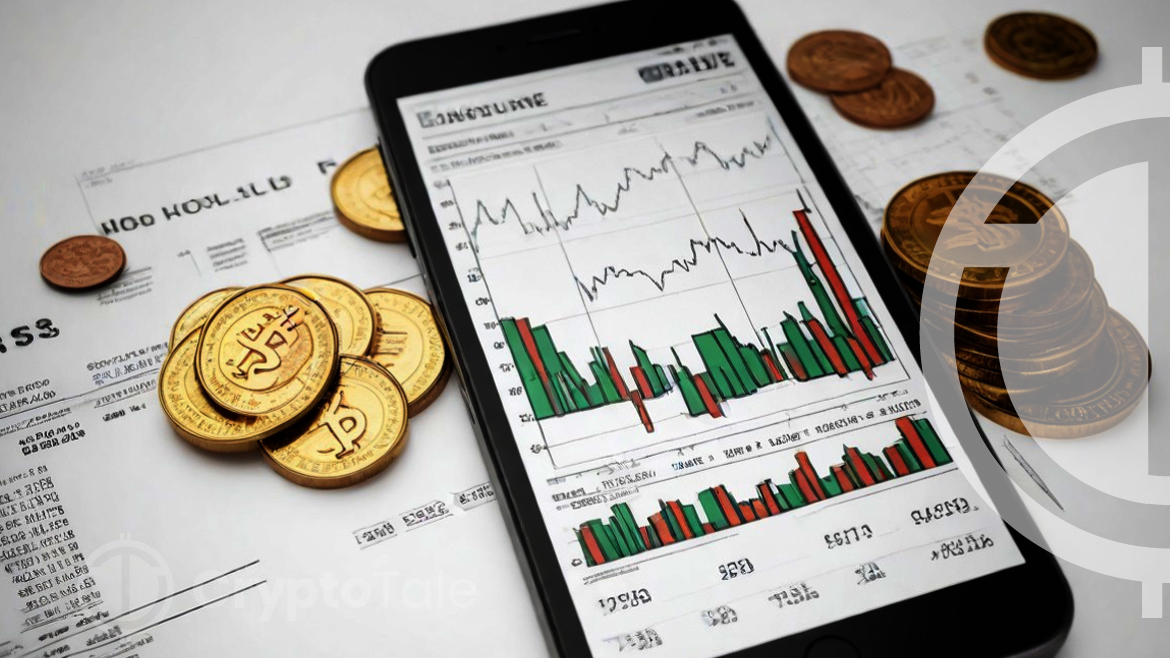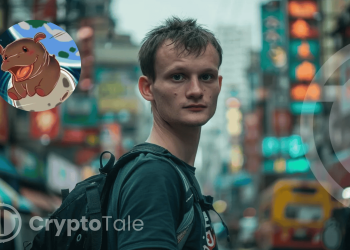- The defense argues that the trader’s actions in the Mango Markets case were within the legal bounds of high-risk crypto trading practices.
- Prosecutors liken the trader’s strategy to fraud, highlighting manipulation of market values in the Mango Markets heist.
- The trial could set a precedent on legal boundaries in DeFi transactions, potentially reshaping cryptocurrency regulations.
In a New York courtroom, a trader behind bars faces allegations of a $110 million heist from the Mango Markets cryptocurrency exchange. However, his defense paints a different picture, arguing he engaged in legitimate, albeit risky, financial maneuvers. Bloomberg Crypto highlighted the unfolding drama, emphasizing the trader’s assertion of innocence. His attorney insists there was no fraudulent intent behind the trades.
Moreover, the defense strategy delves into the unique realm of cryptocurrency exchanges, suggesting a landscape where conventional financial rules don’t always apply. According to the lawyer, the accused, Avraham Eisenberg, risked his own $13 million in a daring trading scheme. He operated within a sector known for its high risk but equally high reward potential, navigating the Mango Markets with strategic precision.
Additionally, this trial scrutinizes the complexities of the DeFi space. Under a decentralized autonomous organization, Mango Markets allows users to engage in lending, borrowing, and trading without traditional financial safeguards. This case might set a precedent for what constitutes legal activity in DeFi spaces.
Significantly, prosecutors argue that Eisenberg manipulated the market to create artificial value, likening his actions to those of a con artist. They claim he exploited the system, absconded with a vast sum in cryptocurrencies, and then attempted to negotiate a partial return of the funds in exchange for immunity from criminal charges.
However, the defense challenges the legal foundation of the prosecution’s case, highlighting the absence of explicit legal obligations in smart contract transactions. The trial not only explores the boundaries of legal and illegal DeFi transactions but also brings to light the evolving challenges in regulating cryptocurrency markets.
The jury, comprising individuals from diverse professional backgrounds, will navigate these complex legal and financial issues. Their decision could have far-reaching implications for the cryptocurrency world, clarifying the thin line between innovative trading strategies and fraudulent schemes.
The cryptocurrency community is closely watching the trial unfold over two weeks. The outcome could influence future regulations and perceptions of risk and legality in the shifting digital finance.












